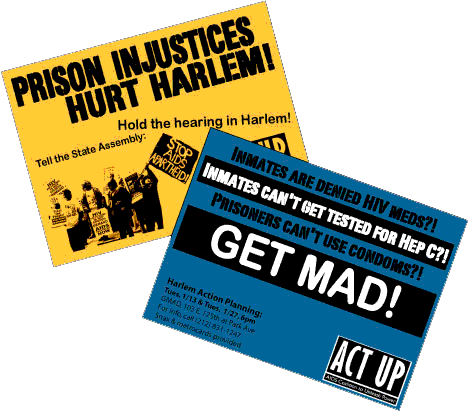Special to The Sacramento Bee
Christopher Kennedy Lawford is an actor, lecturer and author. He is honorary chairman of California Hepatitis Alliance, www.calhep.org.
Published Saturday, Sep. 11, 2010
The last time I put a needle in my arm was in 1981, just as the first cases of AIDS were being identified in the United States. I'd avoided getting tested out of sheer terror – fear that I'd gotten sober only to die of AIDS.
My doctor gave me the good news/bad news: I wasn't infected with HIV, but I was infected with hepatitis C.
I'd heard of hepatitis C – folks trudging alongside me on the recovery road were getting diagnosed with hep C, and it didn't sound good. My doctor gave me the whole cold truth – without treatment, I might face liver cancer, liver transplant. Maybe death.
A lot of things came together at that point in my life. The urgency created by the fact that I might die made the period revolutionary. I've died many, many times during my addiction, but I've never been confronted with the possibility of really dying in sobriety.
With the support of medical professionals, family and friends – particularly those in recovery – I survived hepatitis C and became an author and advocate for drug treatment, hepatitis C and HIV treatment, and better prevention policy.
In the 10 years since I was cured, I've met thousands of people confronting a diagnosis of HIV or hepatitis C, a cruel remnant of not only their past, but a public policy environment in the United States that differs from the rest of the industrialized world. Most of the world responded to AIDS by investing in addiction treatment and making sterile syringes available to those who would not, or could not, stop using drugs immediately. Those policies kept Western Europe from suffering a major outbreak of HIV among injection drug users, and a hepatitis C rate that is lower than in the United States.
There is absolutely no controversy among public health researchers and scientists on syringe access. More than 200 studies from around the world concur that allowing adults to legally access and possess syringes suppresses the spread of these diseases without contributing to any increase in drug use, crime or syringe litter.
It is time for California to catch up with the rest of the world. We have that option through two good bills that Gov. Arnold Schwarzenegger should sign.
• Senate Bill 1029 by Sen. Leland Yee, D-San Francisco, would allow physicians and pharmacists the discretion to furnish a limited number of syringes to adults without a prescription.
• Assembly Bill 1858 by Assemblymman Bob Blumenfield, D-Woodland Hills, would allow the state Department of Public Health to authorize syringe exchange services where the conditions exist for the rapid spread of HIV or hepatitis C through syringe sharing.
Neither bill costs much to implement and would save taxpayers billions, literally billions, by averting costly infections.
In politics, there are always those who propose half-measures, like allowing legal syringe access to be a decision of local government. That doesn't make sense – communicable diseases don't respect the county line, and Californians deserve equal access to a proven disease prevention strategy, no matter where they live. Furthermore, publicly funded programs pay for the health care of a low-income person, no matter where he or she lives – so taxpayers deserve a statewide standard, as well.
I trust the governor will respect the scientific consensus that supports legal syringe access. Those of us strong enough to recover from addiction deserve a chance to get better, and the taxpaying public deserves smart prevention policy. Governor, please sign SB 1029 and AB 1858.
© Copyright The Sacramento Bee. All rights reserved.

































No comments:
Post a Comment